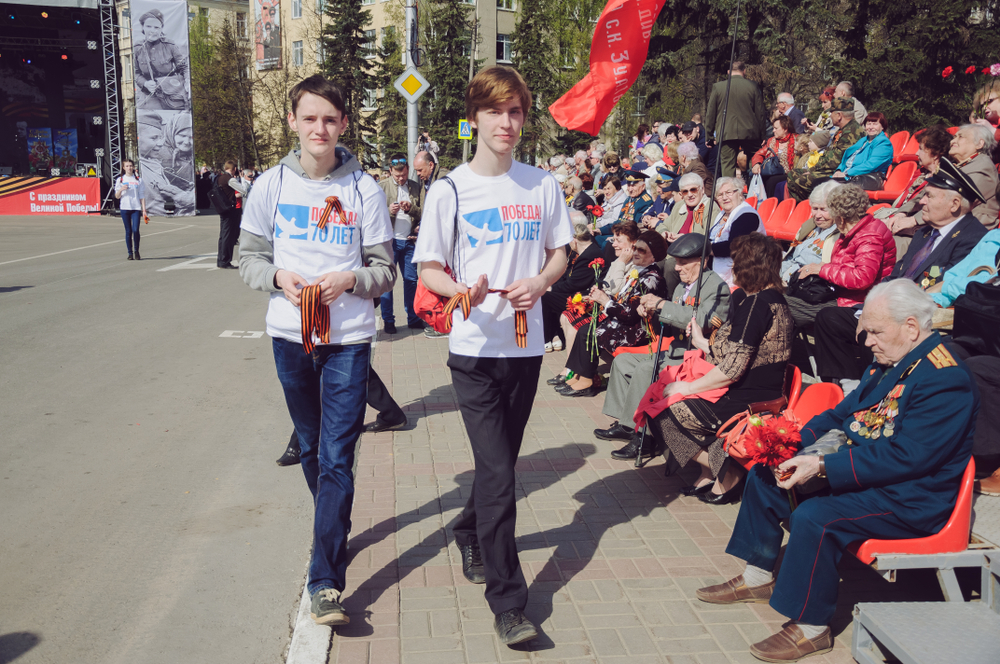Beyond Putin: Russia’s Generations Y and Z

Of Russia’s 146 million citizens (if we include those in Crimea), 63 million—or 43 percent—are under 34 years of age. Of these, 30 million belong to Generation Y (millennials in their 20s and early 30s), 15 million belong to Gen Z (teenagers), and a further 18 million are part of the youngest generation (less than 10 years of age).

Russia’s youth have recently become the object of Western media interest with articles exploring everything from their support for President Vladimir Putin to their musical taste. Yet questions about Russia’s next generation remain largely understudied in Western academia (in contrast to its development in Russian scholarship), with only a handful of already dated analyses, a few studies on Russian students’ geopolitical visions, a couple of think tank reports, and a comparative book by Felix Krawatzek. The majority of these studies focus on interpreting the political role of Russia’s youth: for or against the Putin regime? Yet this politicization of our reading of young Russians misses the most interesting points: that one can be simultaneously for and against Putin, and that life is much more than formal political positions. First, Russia’s youth displays similar features to youth in other countries, chiefly its consumerism and social media savvy. Second, it is ambivalent on today’s Russia, both embracing it and taking critical distance from it. Third, the youth cultural scene—and especially the hip hop scene—is blossoming, becoming one of the most vivid contexts for expressing Russia’s evolving cultural norms and values.

Available in:
Regions and themes
Share
Download the full analysis
This page contains only a summary of our work. If you would like to have access to all the information from our research on the subject, you can download the full version in PDF format.
Beyond Putin: Russia’s Generations Y and Z
Related centers and programs
Discover our other research centers and programsFind out more
Discover all our analysesThe Caspian Sea as an Emerging Energy Hub : Potentials and Limitations
This report analyzes the prospects of the Caspian Sea region — and its key actors except for Russia and Iran — becoming an important energy hub serving the needs of the European Union (EU).
The European Union's Strategic Test in Georgia
The political crisis brewing in Georgia is of an existential nature for the country. What is at stake is Georgia's future as a democratic and sovereign European nation (EU).
Commanders of Putin's Long War: Purged, Reshuffled and Disgruntled
The trend of reshuffling the Russian top military command in the course of a fast-evolving and far from successful war has progressed unevenly both across the Armed Forces’ structures and in time. The rationale for and timing of the abrupt cadre decisions made by Commander-in-Chief Putin often defy logical explanation, and the rare official clarifications are no more informative than the usual information blackout.
Russian Military Manpower After Two and a Half Years of War in Ukraine
In addition to a military victory in Ukraine, the Russian leadership is planning to build up sizable troop formations for a possible conflict with NATO in the Baltic region and the Kola Peninsula. In particular, current plans aim for the military manpower to grow by about 350,000, reaching a total of 1.5 million soldiers and commanders. In the context of the current conflict in Ukraine, this cannot be accomplished without a new wave of mass mobilization.










